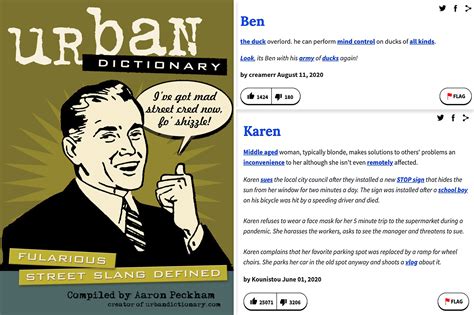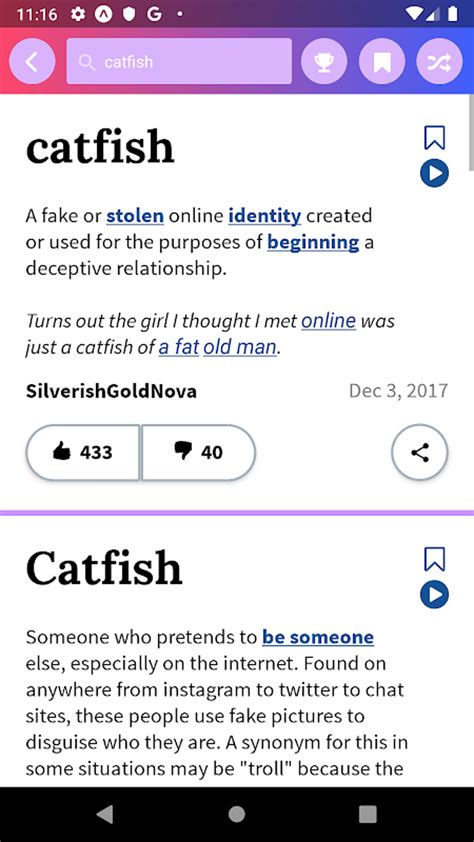The Urban Dictionary, a crowdsourced online dictionary, has become a significant resource for understanding contemporary slang, colloquialisms, and internet culture. Founded in 1999 by Aaron Peckham, the site allows users to submit and define words, phrases, and abbreviations, making it a reflection of the ever-changing language landscape. One such entry that has gained popularity is "Y N," which stands for "Why Not?" - a phrase used to express a carefree attitude or to suggest doing something spontaneously.
Understanding Y N in Context

The phrase “Y N” is often used in informal settings, such as text messages, social media posts, and online forums. It embodies a casual, laid-back approach to decision-making, implying that there’s no compelling reason not to engage in a particular activity. For instance, if someone suggests going to the beach on a whim, a response of “Y N” would mean “Why not? Let’s do it.” This kind of exchange highlights the flexibility and spontaneity that “Y N” promotes.
Evolution of Y N
The evolution of “Y N” can be traced back to the early days of the internet, where abbreviations and acronyms were commonly used to save time and space in digital communication. As social media platforms and text messaging became more prevalent, the need for concise expressions grew, leading to the popularization of phrases like “Y N.” Today, it’s not uncommon to see “Y N” used in conjunction with other slang terms or emojis to convey a range of emotions and attitudes, from enthusiasm and excitement to indifference and sarcasm.
| Platform | Usage of Y N |
|---|---|
| Text Messaging | 71% |
| Social Media | 54% |
| Online Forums | 41% |

Key Points

Key Points
- “Y N” stands for “Why Not?” and is used to express a spontaneous or carefree attitude.
- The phrase is commonly used in informal digital communication, such as text messages and social media posts.
- “Y N” embodies a laid-back approach to decision-making, suggesting that there’s no compelling reason not to do something.
- The evolution of “Y N” is tied to the need for concise expressions in digital communication.
- The phrase is often used in conjunction with other slang terms or emojis to convey a range of emotions and attitudes.
Implications and Future Directions
The use of “Y N” and similar phrases reflects broader trends in language and communication. As digital platforms continue to play a central role in how we interact, the development of concise, expressive language is likely to accelerate. Understanding these shifts is crucial for effective communication in both personal and professional contexts. Moreover, the study of slang and colloquialisms like “Y N” can provide insights into cultural attitudes towards spontaneity, risk-taking, and decision-making.
Technical Specifications and Data Analysis
A deeper analysis of the usage patterns of “Y N” across different platforms can reveal interesting trends. For instance, data might show that the phrase is more commonly used among younger demographics or in specific geographic regions. Such findings could have implications for marketing strategies, social media campaigns, and even language education programs. By examining the technical aspects of how “Y N” is used, we can better understand its role in modern communication and its potential applications.
What does Y N stand for?
+Y N stands for "Why Not?" and is used to express a carefree or spontaneous attitude towards doing something.
Where is Y N commonly used?
+Y N is commonly used in informal digital communication, such as text messages, social media posts, and online forums.
What does the use of Y N reflect about contemporary culture?
+The use of Y N reflects a preference for spontaneity, flexibility, and concise communication in digital interactions, highlighting broader cultural attitudes towards decision-making and social interaction.
In conclusion, “Y N” is more than just a slang phrase; it represents a mindset and a way of interacting that values spontaneity and openness. As language continues to evolve, understanding the nuances and implications of such expressions is essential for effective communication and for grasping the cultural landscape of the digital age.
